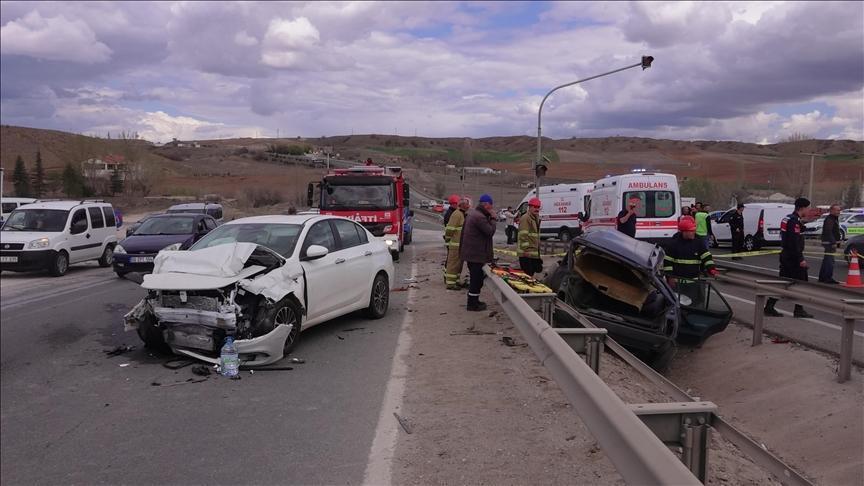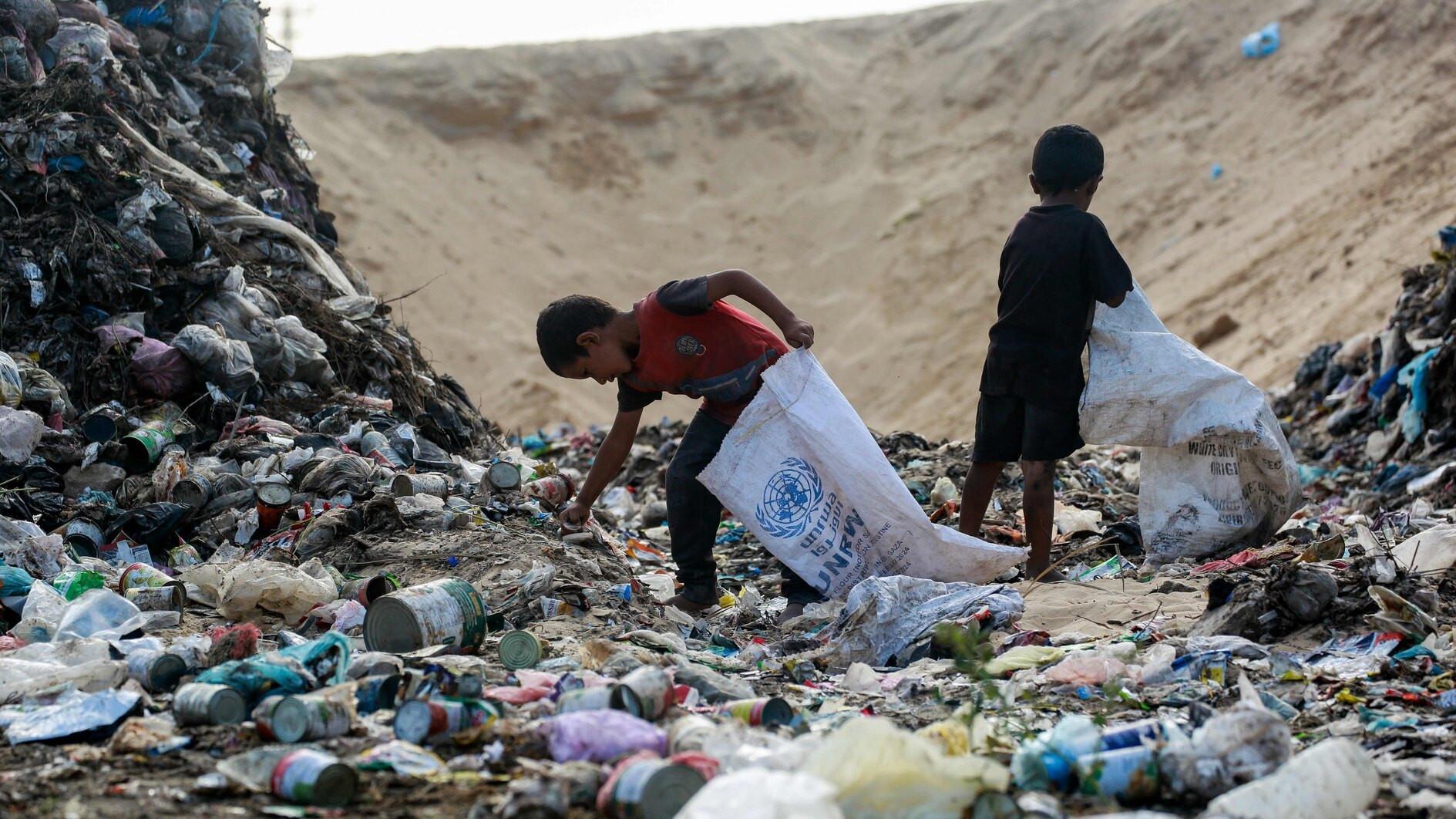Reyhanlı carnage, Syria
Were the Reyhanlı deadly blasts a coincidence? Just the other day, though many questions remain on what future they see for the Arab country, the U.S. and Russia seem to have finally come to an agreement on Syria. A few days from now, precisely on May 16, Turkey’s absolute ruler Recep Tayyip Erdoğan will be received at the White House by President Barack Hussein Obama. Just moments after the blast Turkish officials placed the blame squarely on Syria but could Bashar al-Assad and his Baas government be that foolish as to contract a Turkish clandestine group (which has been often in coalition with the Kurdistan Workers’ Party – PKK) to such heinous actions? Could not al-Assad think that with such heinous undertakings he would make it easier for Turkish and American leaders finally decide to formally join in the Syria war on the side of the rebels? Can he be that foolish?
Turkish officials have “proudly” announced that even though two trucks loaded with explosives successfully evaded Turkish intelligence and security network – which were reportedly placed on red alert four days before the blasts – they have “captured” nine people in connection with the Reyhanlı carnage. At least two more suspects were reportedly still on the run. Officials have not revealed the identity of the “captured” suspects, those still on the run or the organization the suspects belonged to. Yet, it was obvious that they were pointing at the DHKP/C – a leftist urban terrorist group which has been often contracted by the PKK. Still, Turkish security people ruled out immediately any possible PKK connection in the blasts. They ruled out probable al-Nusra – a Sunni Islamist terrorist group very much connected to the al-Qaeda network – involvement also. But, Interior Minister Muammer Güler’s statement that the attacks were carried out by a group linked to Syria’s intelligence service Al-Mohabarat and that all nine in detention were members of that group blurred however the DHKP/C connection. Still, did Turkey detained those nine people as a result of an investigation, or did Turkish officials decided first which organization the culprit was and started a round-up accordingly?
Well, this is Turkey and even if we ourselves have not personally lectured through bitter experience, we all know the extraordinary “success” stories of the Turkish police. Just to see an end to very persuasive “interrogation” one may confess to even killing a mammoth, even if it became extinct at prehistoric times.
Obviously, there might be two valid motives behind the Reyhanlı blasts. They could be work of those wishing to pull Turkey actively into the Syria quagmire; or they could be work of those who want to show Turkey what consequences it might risk if it continued covertly and overtly supporting in many ways the Syrian rebels. Thus, the blasts could be work of the Syrian rebels as much as they could be work of the al-Assad regime. Obviously because of the “good terrorist” image the government has been trying to paint for the PKK, so far the separatist gang has been spared in this who to blame game.
The toll of the Reyhanlı blasts – as this article was penned down – was 46 and at least three people were in critical condition while scores were in intensive care units. It was obvious that the tragedy was produced by a serious security flop. How it happened that in such a high-security region intelligence could not track two bomb-laden trucks for four days. There are claims that at least two more bomb-laden cars are on the roads in the region. Perhaps we should concentrate on capturing such vehicles before they are set off somewhere.











